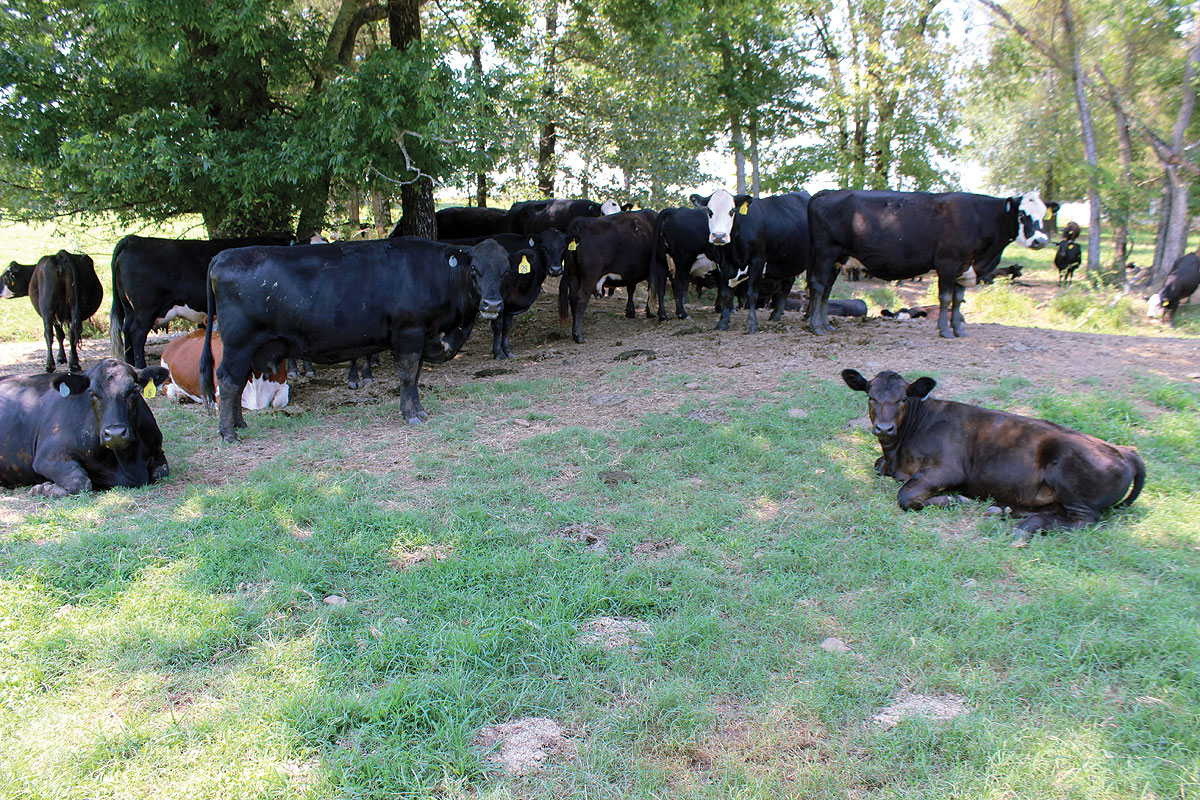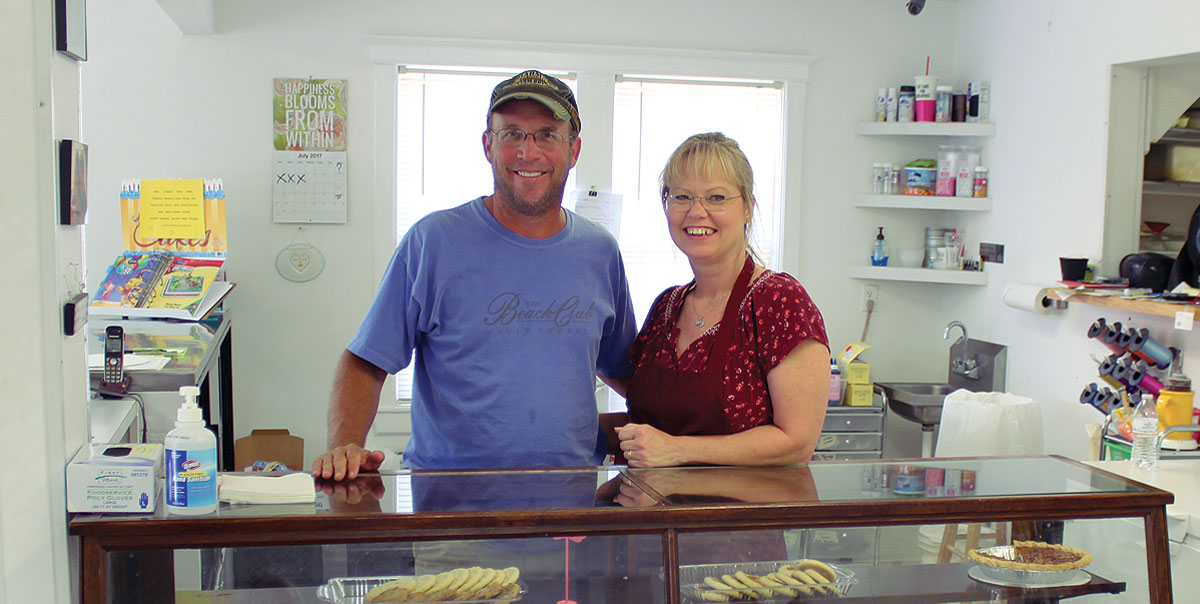
Jimmy Dickerson hopes to expand his land ownership and his herd numbers
Jimmy Dickerson of Clarksville, Ark., does not consider raising cattle a boyhood dream.
His father raised cattle, but that was not Jimmy’s first priority in life. His parents were also in the grocery business and that’s what Jimmy spent most of his life learning. It was not until he was in his 30s that he became interested in cattle farming.
“I can tell you everything about running a grocery store,” Jimmy said. “It wasn’t until my wife Debra and I met that I really became serious about cattle. It was our dream to pursue a life of farming.”
While Jimmy still considers his knowledge of cattle farming a work in progress, he has been successful enough to catch the eye of his peers in Johnson County. He and Debra, along with their two sons, were selected as the Farm Family of the Year.
“It really was an honor to be chosen as Farm Family of the Year,” Jimmy said. “I don’t consider our farm out of the ordinary. We just work hard at being good farmers and good stewards of our land.”
The Dickersons currently run a 78-head cow/calf operation with three bulls, and a half dozen horses.
“I was raised around horses in Arizona,” Debra said. “I have a passion for riding. Fortunately, we have enough land to ride. Riding horses allows us to be outdoors and check our herd.”
The Dickersons work off the farm, Jimmy for the Arkansas Highway Department, and Debra is the owner of her own bakery, The Cake House in Clarksville, Ark. However, it is part of the long-range plans to someday be able to farm full time. The ultimate goal for Jimmy and Debra is to own 1,000 acres and have a 300-head cattle herd.
Currently, the Dickersons hire their hay cutting and baling done. They hope to be able to purchase their own hay equipment soon to handle the hay themselves. In the last five years, they have increased their herd by 25 percent and purchased 53 acres in the last three years.
“We are always looking for land adjoining or close to us to buy,” Jimmy explained. “Land doesn’t turnover much in this area. But we keep trying to put our plan together.”
Close attention is paid to conservation stewardship. Everything from feed bags, boxes and containers are recycled whenever possible.
Pastures are seeded annually and fertilized when necessary.
Jimmy recently replaced all wooden fence post with metal post and new fencing. Cattle are rotated to different pastures on a regular basis to protect the ponds from erosion and pollution.
While cattle farming has presented some opportunities to Jimmy, it has also presented a couple of major challenges.
The 2012 drought caused some real hardships and forced the Dickersons to purchase expensive hay from out of state.
“The drought was tough,” Jimmy reflected. “We had to take out a loan to buy the hay. It was expensive, but the other option was to sell off the herd. We sure didn’t want to do that.”
In the last year, army worms and pink eye have caused issues on the farm, but the Dickersons are resilient and determined to keep their dream for expansion alive.







